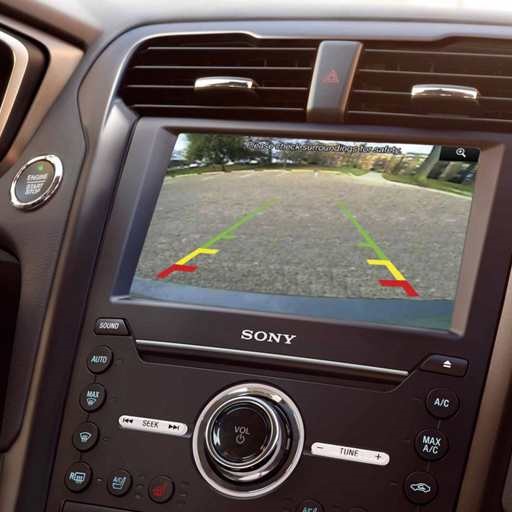Cars and Drivers
Rearview Cameras Now Required Equipment on US Cars

Published:
Last Updated:

Earlier this week, a new federal safety requirement took effect. All U.S. light vehicles (cars, pickups and crossover/sport utility vehicles weighing less than 10,000 pounds) must be equipped with a rearview camera to help drivers see behind the vehicle.
The National Highway Traffic Safety Administration (NHTSA) announced the rule four years ago and the Insurance Institute for Highway Safety (IIHS) estimates that 97% of all new light vehicles sold in the United States are equipped with the cameras.
CNN.com notes that the most recent numbers available from the NHTSA indicate that backup accidents cause 210 fatalities and 15,000 injuries per year in the United States. More than 30% of the people who die are children under 5, and more than a quarter are seniors 70 or older.
An IIHS report from 2014 estimated that 292 people were killed and 18,000 injured annually by drivers who back into them. Rearview cameras reduce blind spots by as much as 90%, according to the report.
In 2014 the cost to install an aftermarket rearview camera and monitor was significant. Auto industry website Edmunds.com came up with the following estimate:
As an extra-cost option, a rearview camera could cost more than $3,000 in 2014 because it typically required an option upgrade package as well as the camera package. The NHTSA estimated that the cost of the camera alone should have dropped to around $45 by now.
A recent review by Car and Driver of the 2018 BMW 5 Series notes that the car does not come with a rearview camera as standard equipment. The buyer will pay more than $1,000 for the system because it is bundled with another option. That gives a rough idea of what it might cost a manufacturer to include the camera as standard equipment — i.e., not very much.
Credit card companies are pulling out all the stops, with the issuers are offering insane travel rewards and perks.
We’re talking huge sign-up bonuses, points on every purchase, and benefits like lounge access, travel credits, and free hotel nights. For travelers, these rewards can add up to thousands of dollars in flights, upgrades, and luxury experiences every year.
It’s like getting paid to travel — and it’s available to qualified borrowers who know where to look.
We’ve rounded up some of the best travel credit cards on the market. Click here to see the list. Don’t miss these offers — they won’t be this good forever.
Thank you for reading! Have some feedback for us?
Contact the 24/7 Wall St. editorial team.